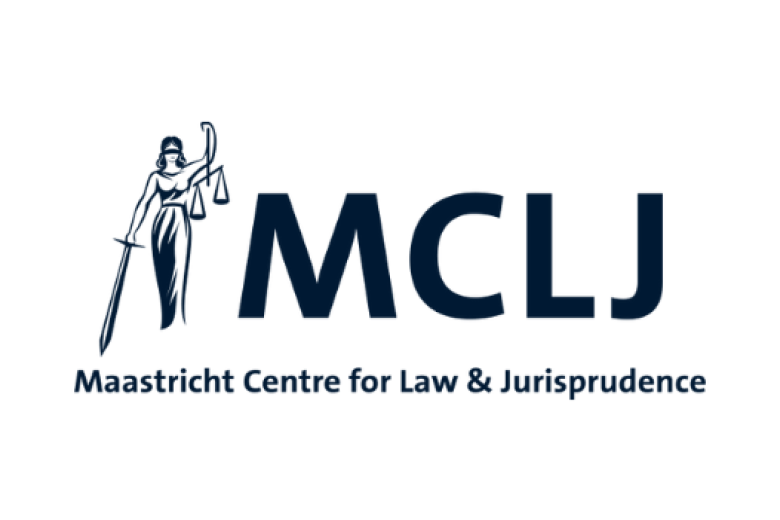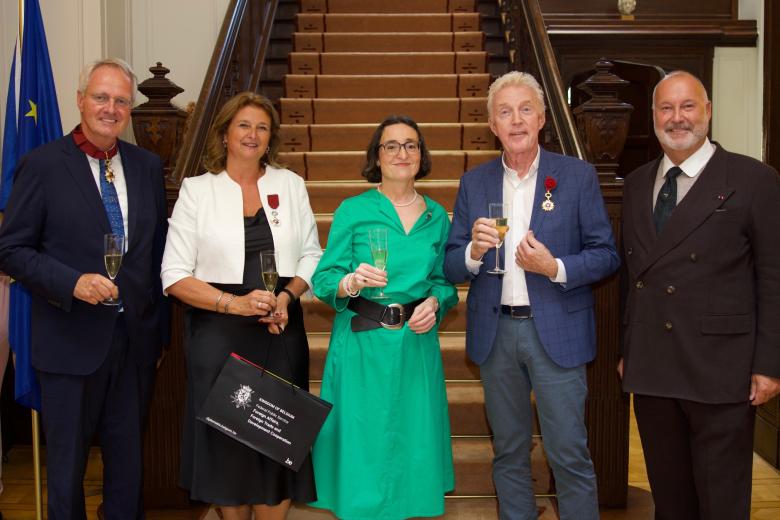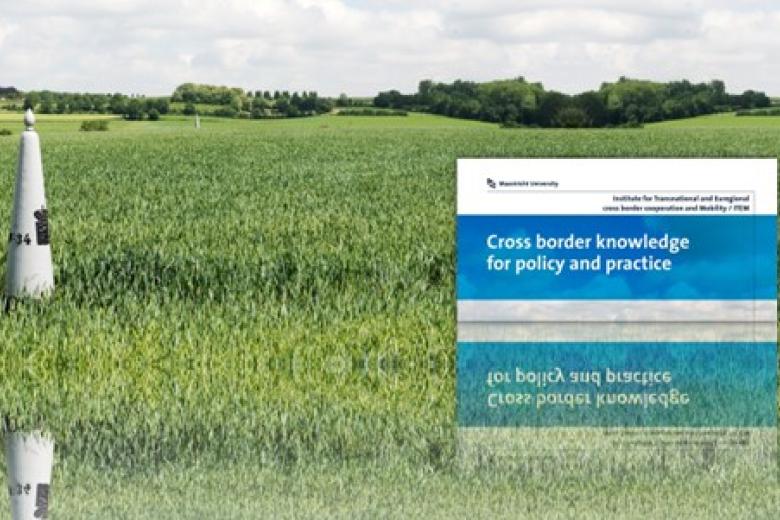General principles as systemic elements of international law
This study considered the nature of “general principles of law” in the international legal system. While much is known about treaties and customary law, there is a tendency to overlook foundational theoretical questions about general principles in international law. What kind of norms are they? How do they come into existence? What functions do they perform? Focusing on such questions, this study presents a theory of general principles as a distinct category of rules that provides international law with many of its fundamental systemic elements.
Within the international legal system, as within all legal systems, there is a distinction between rules and principles. Despite their label, ‘general principles of law’ were intended to and indeed do function as legal rules, distinct from principles in the strict sense of the term. As legal rules, general principles must be validly created through certain pre-defined processes. However, unlike with treaties and customary rules, the focusis not predominantly on the conduct of states. Instead, it is ‘systemic officials’ such as courts and tribunals that play the most significant role in developing general principles. They do so by assessing whether a prospective rule has been recognised as part of the international legal system, referring to domestic law, international instruments, and the principles and values that underpin the system.
General principles are integral to many of the basic processes of the international legal system, performing three broad functions. First, general principles facilitate international adjudication as the basis of many of the procedural rules developed by international courts and tribunals. Second, general principles foster the coherence of the system by guiding interpretation and regulating how the system’s rules may be modified. Third, general principles can be used for the development of new primary rules, extending the reach of international law to new actors and issues. In exercising these functions, general principles are central to the operation and development of international law.
This thesis presents the conceptual framework that was needed to understand general principles in international law. It recognises that the fundamental aspects of general principles cannot be disentangled from the foundations of the international legal system and so views general principles through the lens of this system. Deploying this conceptual framework will assist academics and practitioners not only in 210 understanding general principles of law, but in thinking about the nature and operation of the international legal system as a whole.
Also read
-
Symposium VWR-VSR: Vulnerability and the Law – Multidisciplinary Perspectives
On 14 November 2025, the symposium "Vulnerability and the Law: Multidisciplinary Perspectives" will take place in Maastricht.

-
Professor Anouk Bollen-Vandenboorn appointed Knight in the Order of the Crown
Prof. Dr Anouk Bollen-Vandenboorn, Director of the Institute for Transnational and Euregional cross border cooperation and Mobility (ITEM) at the Faculty of Law, Maastricht University, was appointed Knight in the Order of the Crown on 3 July, during a formal ceremony at the Belgian Embassy in The...

-
ITEM continues: Advancing cross-border cooperation and impact
ITEM enters new phase within UM Faculty of Law from 2025.
